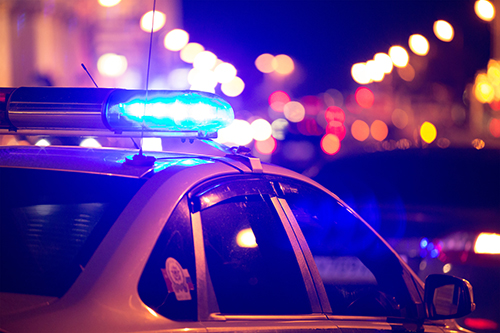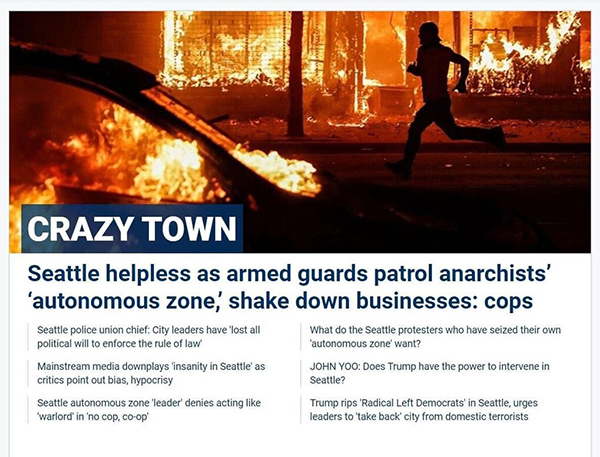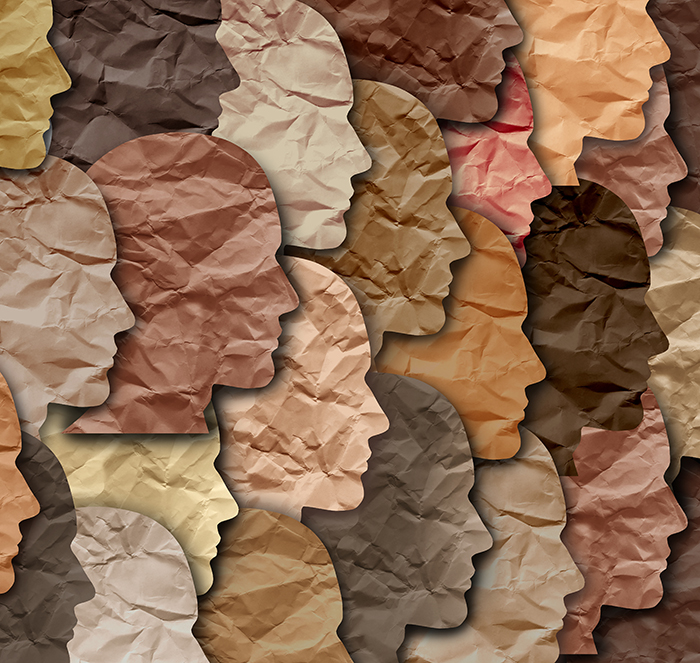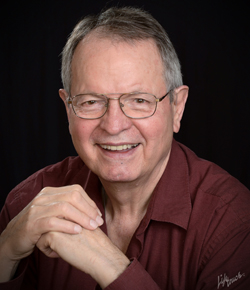White suburbia awakens in different shade of protest
White silence is violence (protest sign)
Posted on July 20, 2020
 The Black Lives Matter marches in towns like Bremerton, Bainbridge Island, Port Orchard, Poulsbo and Silverdale might seem small fry compared to the massive protests that have ignited in cities like Seattle. But they’re a big deal out here in Kitsap County, where Black residents make up only about 3% of the population and President Donald Trump pulled nearly 40% of the vote in 2016.
The Black Lives Matter marches in towns like Bremerton, Bainbridge Island, Port Orchard, Poulsbo and Silverdale might seem small fry compared to the massive protests that have ignited in cities like Seattle. But they’re a big deal out here in Kitsap County, where Black residents make up only about 3% of the population and President Donald Trump pulled nearly 40% of the vote in 2016.
It’s no coincidence that this movement is taking hold in rural and suburban areas during the time of coronavirus, when people accustomed to a heaping share of certainty — that is, privilege — are feeling uncharacteristically lost at sea.
This monumental pause has not only disrupted our routines and given us ample time to think, it’s exposed the old lie that change must come slowly — if it comes at all. As Kitsap County adjusts to Phase 2, it feels less like a return to normal and more like taking tentative steps into an entirely new kind of life. Why not make it a better one?
“This is a different shade of protest,” said Tracy Flood, president of the NAACP unit in Bremerton. “You’re seeing the participation of all cultures. It’s not just Black people marching for Black lives.”
What has woken the suburbs from their slumber? It wasn’t just George Floyd’s awful and needless death under the knee of a Minneapolis police officer. It was the accumulation of incontrovertible evidence that bias, inequality and racism pollute every aspect of our society — from the justice system to medical care, economic opportunity and education.
It’s about damn time the white majority faces up to the cold fact: Racism and unequal treatment in America is a sickness. It’s a life-threatening, festering wound. But it will take more than marching. It will take humility, persistence and concerted action to bring about meaningful change.
White rural and suburban women, in particular, have been flaky allies in the ongoing struggle against systemic racism. In fact, as a group, we’ve been shamefully inconsistent, dipping in and out whenever we please.
After the 2016 election, we vowed to do better, and there’s some evidence that we’re getting there, if slowly. Robin DiAngelo’s book “White Fragility” was out of stock on Amazon when I checked Friday. That’s got to mean something. In my own life, I see a lot of white women trying to be more educated, more consistently mindful of their privilege. More confident in their ability to contribute and committed to taking up the work.
That means putting our power to good use. For one thing, white women have to start calling B.S. when we’re used as an excuse to perpetuate injustice. Like when Minnesota State Senate Majority Leader Paul Gazekla, R-East Gull Lake, tried to shame state and city leaders into apologizing to “the moms out in the suburbs scared to death about what’s happening all around them and seeing the glowing fire in Minneapolis-St. Paul.”
Gazekla and his sort can save their sympathy, as suburban moms of every race colorfully advised him on Twitter. #IAmASuburbanMom
This old trope that we fragile flowers are somehow protected by racial bias, discrimination and violence has been used to justify all sorts of atrocities since the time of slavery. It’s got to go.
Next, it means getting beyond good intentions and stepping up to support Black leaders who are demanding systemic change — like establishing police citizen review boards with subpoena powers, which Flood is advocating, and other local, state and federal reforms.
White women don’t need to come up with the answers to be part of the solution — we need to listen to the Black, brown and indigenous leaders — like Flood and the Kitsap Equity, Race, And Community Engagement Coalition — who are already hard at work.
As Flood says, “If we get the right policies in place, it’s going to make everything better.” For everybody.
We have a responsibility to see this through.
Jennifer Hemmingsen: jhemmingsen@seattletimes.com; on Twitter: @jhemmingsen. Jennifer Hemmingsen is a member of The Seattle Times editorial board.
SEE ALSO:
More Race Relations Articles
Sexual Bias Articles
Mental Health Articles
How Drugs and Alcohol Affect the Brain and Body
WA. Counselor Directory: find a therapist near you
How helpful is this web page to you?
(and how can we can improve this page for you?)
not helpful
very helpful
Other Articles
I am a Black Police Officer. Here is How to Change the System.
Yes, defund the police. But then re-fund them, better.
NEWPORT NEWS, Va. — When I entered the police force in Virginia in 1987, I was one of the few Black officers in my department. On my first day on patrol, I was paired with an experienced white officer.... read more
Fox News runs digitally altered images in coverage of Seattle
Capitol Hill Autonomous Zone
Fox News published digitally altered and misleading photos on stories about Seattle’s Capitol Hill Autonomous Zone (CHAZ) in what photojournalism experts called a clear violation of ethical standards f... read more
If Seattle police budget is cut in half...
The Future of Policing: As protesters across the country demand sweeping changes to law enforcement, The Seattle Times begins an examination of what that future could look like and the hurdles ahead. Today,... read more
A monstrous breach of the First Amendment
“Congress shall make no law respecting an establishment of religion, or prohibiting the free exercise thereof; or abridging the freedom of speech, or of the press; or the right of people peaceably to a... read more
How history has led to an extraordinary moment
Aaron Dixon has seen a lot in his 71 years. The leader of Seattle’s Black Panther Party in the height of the turbulent 1960s, Dixon lived through the uprisings after the murder of the Rev. Dr. Martin L... read more
What does Black Lives Matter mean to an old white guy?
If you hear Black Lives Matter, and you think, All Lives Matter, You are just not getting the message.
An Opinion piece By Floyd Else, MA, LMHC (ret.) NCC, MAC, Counseling Washington Webmaster. The massive "Black Lives Matter" protests are protests against systemic rac... read more







